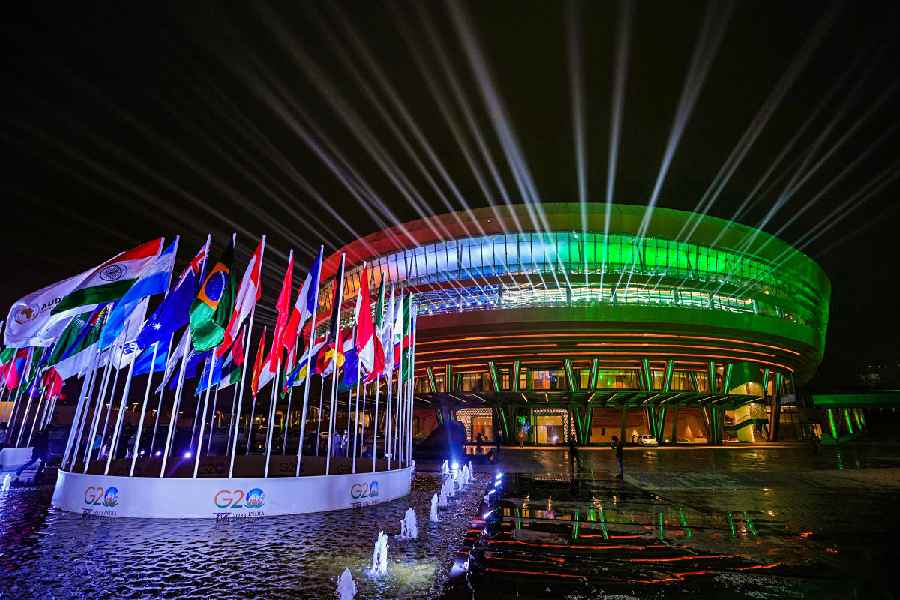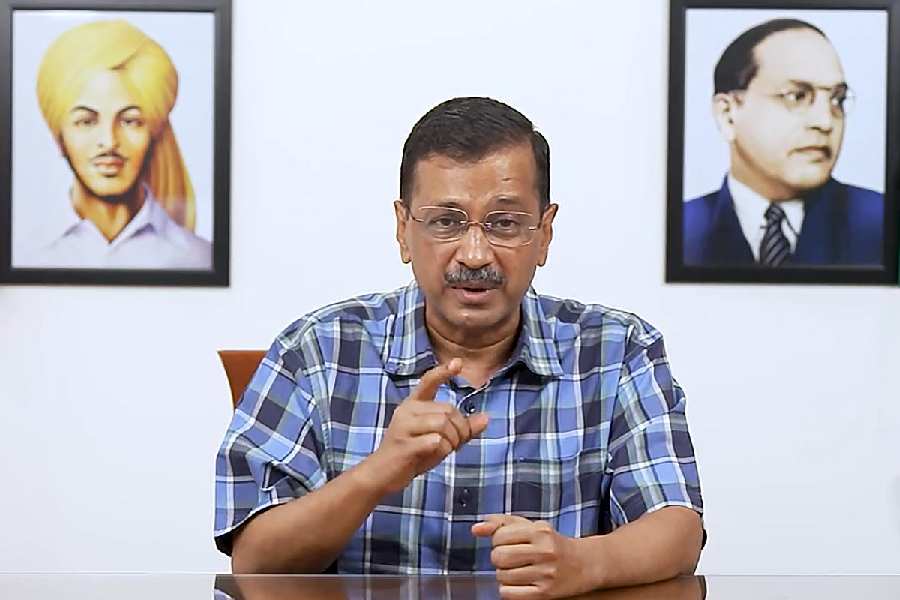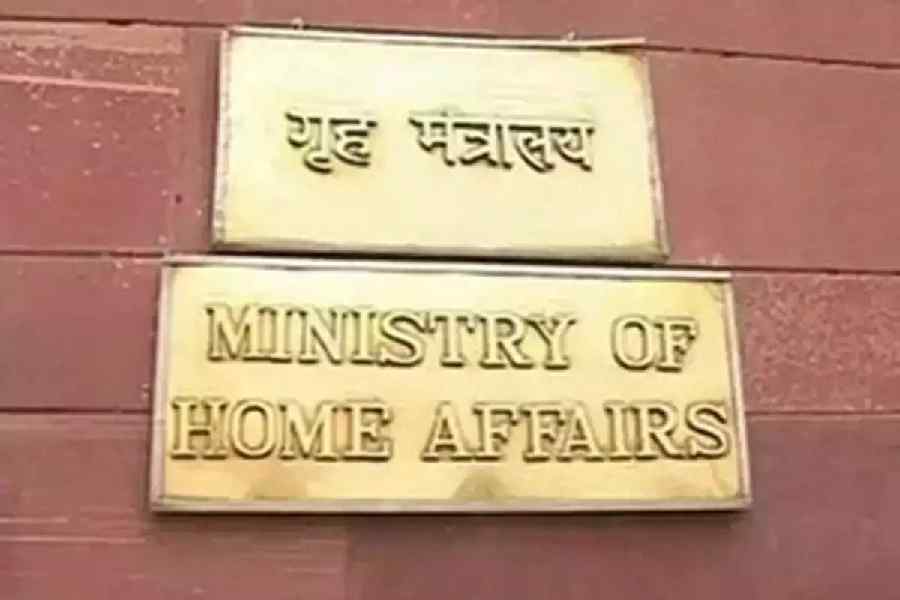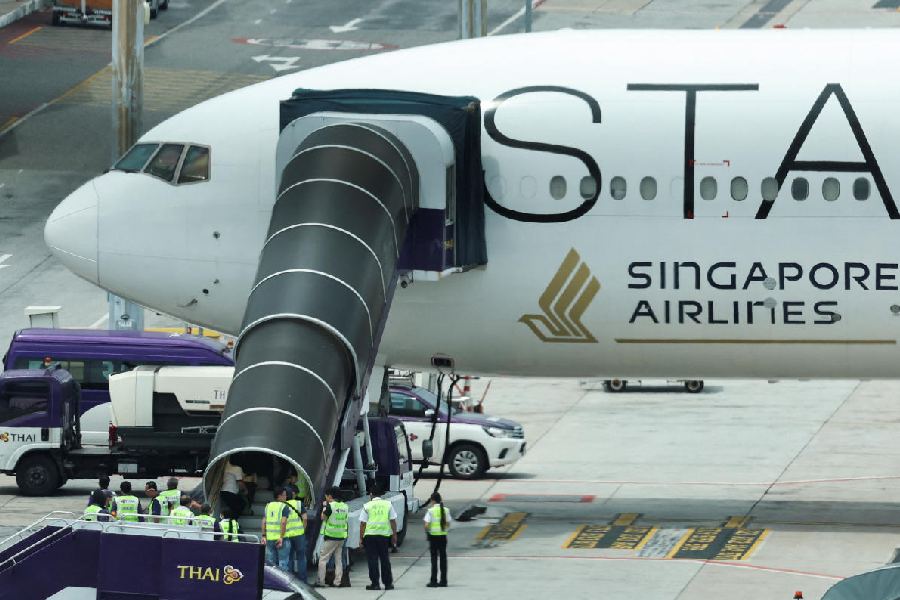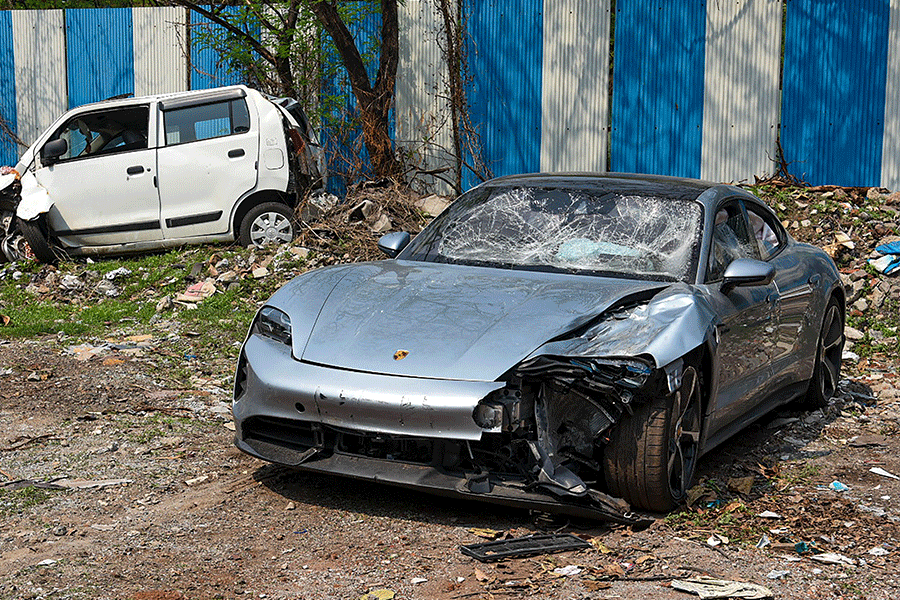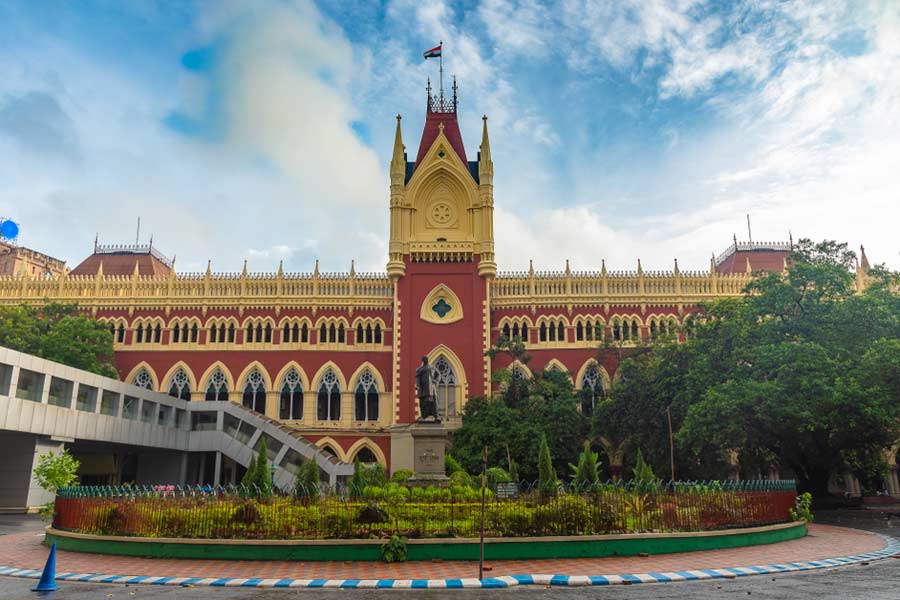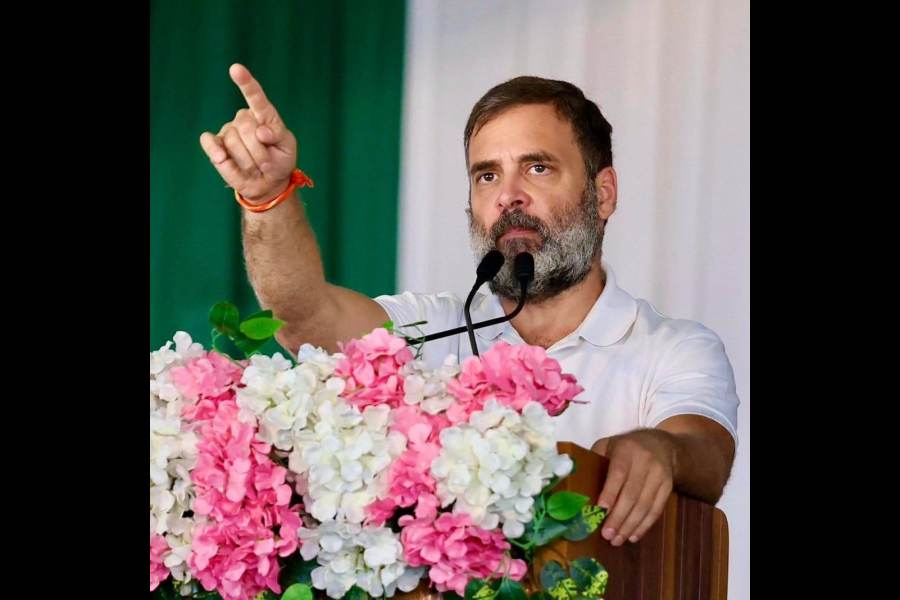The show is over for now, and the Indian government can sit back with a mixture of relief and pride at the outcomes of the G20 Summit it hosted last weekend in New Delhi. Defying predictions that the Indian presidency of G20 would fail to stitch together a consensus declaration because of divisions over the war in Ukraine, the country’s diplomats and negotiators managed to goad world leaders into agreeing to a joint text. That was not an easy task. Yet, when the mere fact that attendees of a global conclave agreed to agree becomes more of a reason to celebrate than the content of what they all accepted, it is a reflection of dysfunction. India may have succeeded in keeping the G20 alive through deft diplomacy, but the deep tensions tearing at the grouping remain barely masked as it stutters along from one summit to the next. Still, that is not India’s burden to bear. In fact, New Delhi’s biggest diplomatic triumphs from the weekend, and the greatest threats to its global ambitions, both emerged not from the G20 Summit itself but from everything that happened in its wake.
A rail and shipping corridor linking India with the Middle East and then Europe, announced on the margins of the conclave, could prove a game-changing connectivity project that serves as an alternative to China’s Belt and Road Initiative. Midwifed by the United States of America, the new initiative aims to connect India, Saudi Arabia, the United Arab Emirates, Jordan, Israel and the European Union. Separately, the US, India and Brazil also announced that they would work towards launching a Global Biofuels Alliance that they pitched as a key step towards ending the planet’s dependence on fossil fuels amid climate change concerns. Narendra Modi’s push to get the African Union full membership of the G20 in the absence of the Chinese president, Xi Jinping, helped strengthen India’s stature as a leading voice of the Global South. At the same time, none of the thousands of delegates who flew into the Indian capital for the summit could have missed the wall-to-wall promotion of Mr Modi as an individual, New Delhi’s reported denial of more press interactions in spite of a request from the American presidential entourage, the focus on Hindu shrines in the displays at conclave venue, and the manner in which street hawkers and the poor were banished from sight. India cannot truly rise, globally or domestically, without embracing its complex and diverse past and present. All masks eventually fall off.

